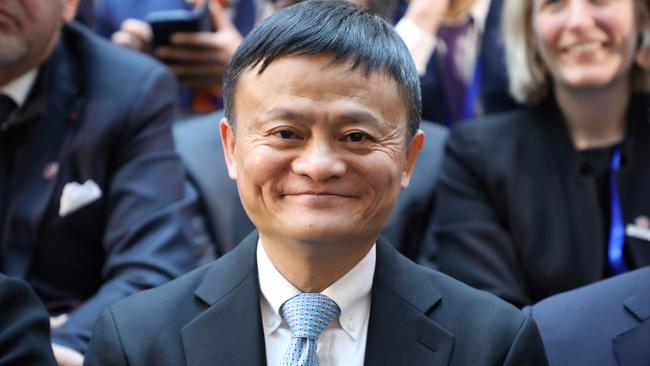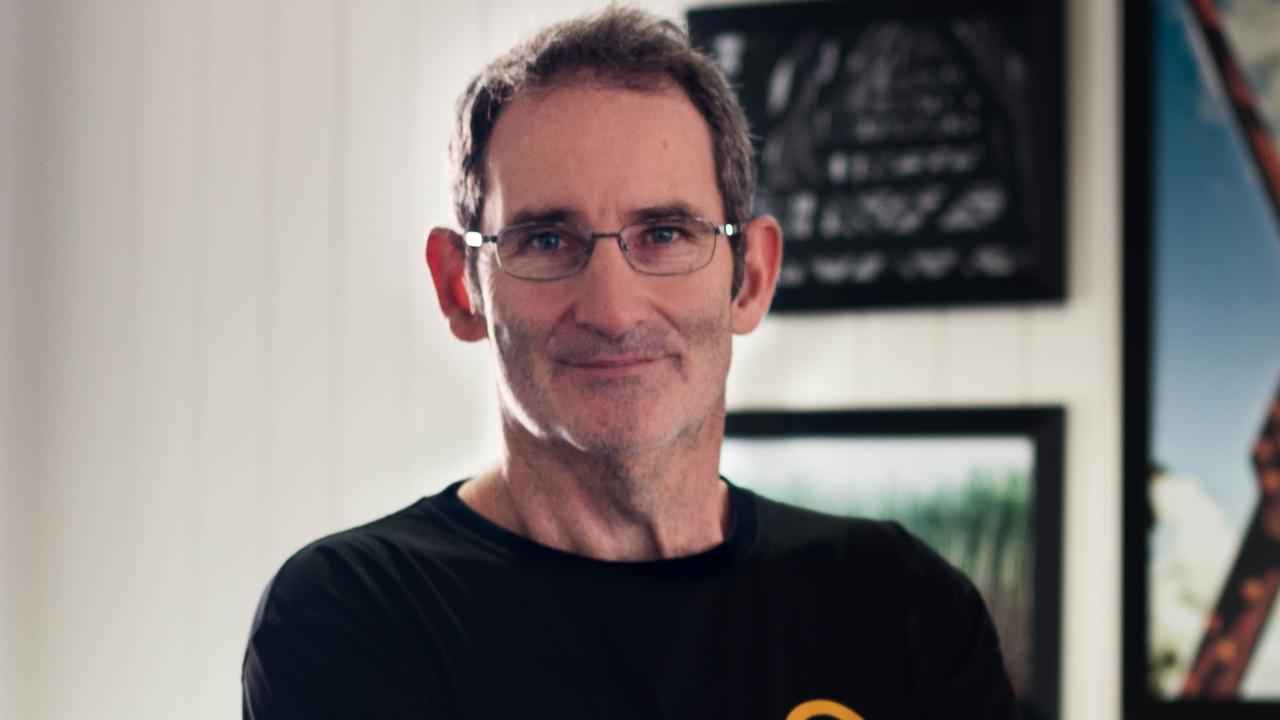Alibaba boss throws $3m at Aussie institute’s vaccine search
China’s richest man, Alibaba founder Jack Ma, is giving $3.2m to a Melbourne institute to accelerate the development of a vaccine.

China’s richest man, Alibaba founder Jack Ma, is giving $3.2m to a Melbourne institute to accelerate the development of a coronavirus vaccine.
The Jack Ma Foundation will present the money to the Peter Doherty Institute for Infection and Immunity, which was the first to grow the COVID-19 virus outside China.
Institute director Sharon Lewin said the money would mean the centre did not have to rely on grant funding, a process can that take six to 12 months.
“This will allow us to get to work immediately,” she said.
The $3.2m follows a donation of $500,000 from the a2 Milk company, a significant exporter of its milk products to China.
Announcing the grant, Mr Ma called for scientists and medical institutes across the world to “collaborate with confidence” to help defeat the coronavirus.
The donation to the Doherty institute follows an earlier donation of $3.2m by the Jack Ma Foundation to Columbia University in New York to identify potential anti-viral drugs and antibodies for use against the virus.
Professor Lewin said the institute would work to develop “active” and “passive” vaccine platforms.
An “active” platform would involve a vaccine given to healthy people who would then develop an immune response. A “passive” vaccine was one involving antibodies developed from people who had recovered from the virus which would be given to people such as health workers for short-term protection.
“The Jack Ma Foundation want this to happen very fast,” she said. “Our goal is to have a product within the next six to 12 months which we can take to test its toxicity in animals.” Human trials would then follow.
“While the path to creating a vaccine is complex, we have the expertise and infrastructure here at the Doherty institute to take on this task,” Professor Lewin said.
“A vaccine is the most effective means of preventing new infections at scale in a population, together with active surveillance, quarantine and other public health interventions. Now, thanks to the Jack Ma Foundation, we have the funding to accelerate this significant project.”
She said the institute had extensive experience in research into other viruses, including SARS and Middle East Respiratory Syndrome (MERS).
Professor Lewin said the coronavirus had a similar genetic code to SARS and MERS but COVID-19 was “much better at spreading and infecting people”.
She said the big difference was that the COVID-19 virus could be spread by someone long before they developed symptoms.
“They are from the same family of viruses, but the new virus has infected more than 80,000 people while SARS only infected 8000 people,” she said.
“On average a person can infect another two to three people. They are able to spread the virus when they don’t appear to have any symptoms, which makes it harder to stop it.” Professor Lewin said coronaviruses were usually transmitted from bats to human via other animals.



